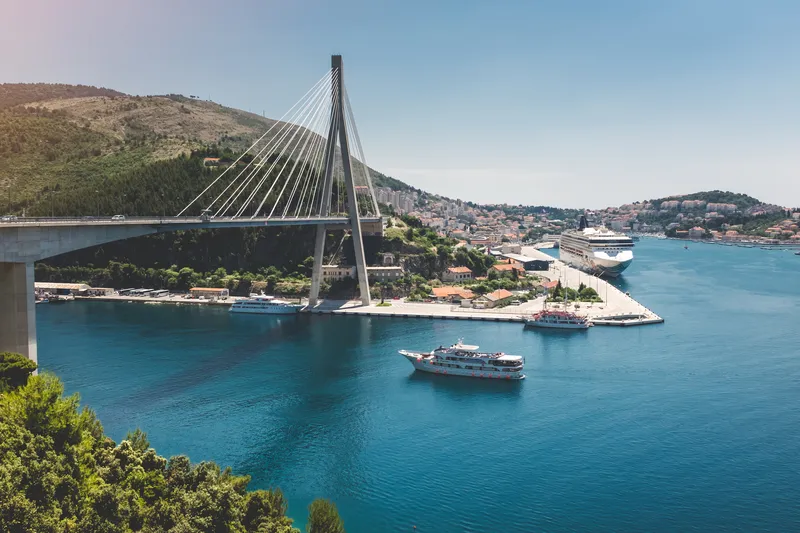The European Union Road Federation and the Spanish Road Association have presented the results of their joint WhiteRoads Project, which highlights road links with good safety standards. This project has taken three years of research and is intended to create a positive approach to road safety and focus on zero fatality roads, as opposed to the traditional practice of focusing on black spots. A European White Spot (EUWS) is defined as a section of road 15km long or more where there have been no fatal acciden
April 2, 2013
Read time: 2 mins
The 2866 European Union Road Federation and the 2392 Spanish Road Association have presented the results of their joint WhiteRoads Project, which highlights road links with good safety standards. This project has taken three years of research and is intended to create a positive approach to road safety and focus on zero fatality roads, as opposed to the traditional practice of focusing on black spots. A European White Spot (EUWS) is defined as a section of road 15km long or more where there have been no fatal accidents during the last five years. In total, 982 EUWS have been identified representing 40% over the total TEN-T road network and after analysing 85,418km of roads and some 248,158 crashes. The main challenge for the partners was the collection and analysis of data and statistics from 27 member states. Throughout the project, the ERF and AEC maintained regular contact with more than 100 experts in road safety from national road agencies, ministries of transport, home affairs, traffic police, or national statistics bodies.
The need for concrete information about accidents represented a challenge, as some countries were not allowed to provide any data due to strict privacy regulations. The lack of statistics or the existence of incomplete information has had a negative impact on road safety. José Díez from the ERF described the difficulties and challenges faced by the consortium and stressed, “…if we want to achieve a goal and improve road safety, we need to know good data at our disposal”.
Elena de la Peña from AEC presented the WhiteRoads checklist which can be used to complement existing guidelines for the design, maintenance and management of safer roads as laid down by the Directive on Road Infrastructure Safety Management. She said, “WhiteRoads aims to contribute at the creation of safer roads but, ultimately, an integral approach between users, vehicle, infrastructure, enforcement and governments is needed”.
The project will identify causes and hlpe to reduce accidents especially involving vulnerable users. Key issues though are the need to improve data collection and methodology with particular focus on serious injuries.
The need for concrete information about accidents represented a challenge, as some countries were not allowed to provide any data due to strict privacy regulations. The lack of statistics or the existence of incomplete information has had a negative impact on road safety. José Díez from the ERF described the difficulties and challenges faced by the consortium and stressed, “…if we want to achieve a goal and improve road safety, we need to know good data at our disposal”.
Elena de la Peña from AEC presented the WhiteRoads checklist which can be used to complement existing guidelines for the design, maintenance and management of safer roads as laid down by the Directive on Road Infrastructure Safety Management. She said, “WhiteRoads aims to contribute at the creation of safer roads but, ultimately, an integral approach between users, vehicle, infrastructure, enforcement and governments is needed”.
The project will identify causes and hlpe to reduce accidents especially involving vulnerable users. Key issues though are the need to improve data collection and methodology with particular focus on serious injuries.








